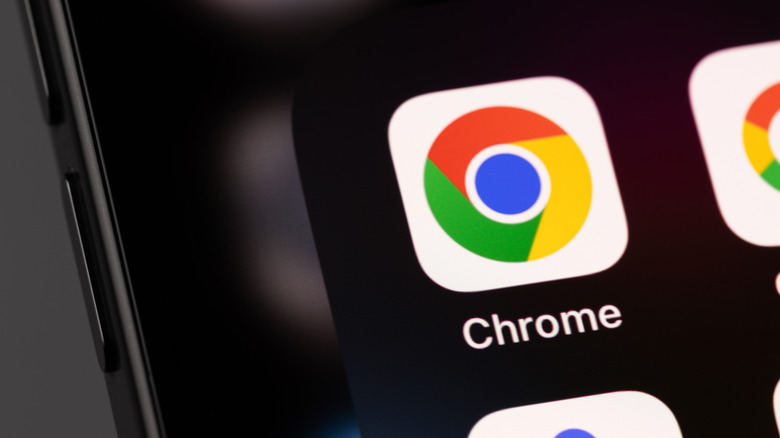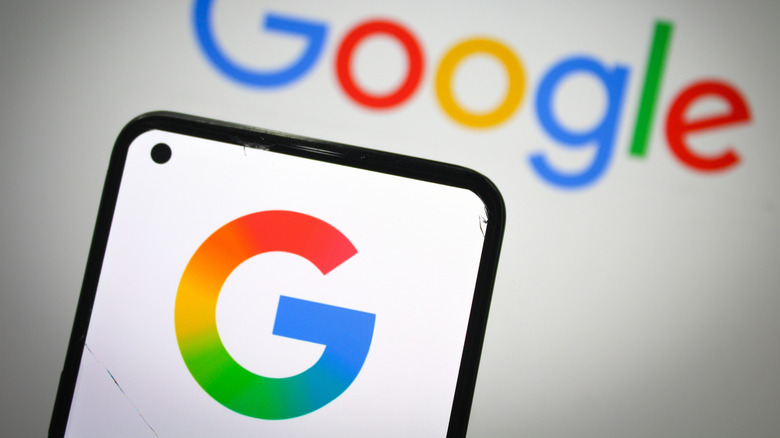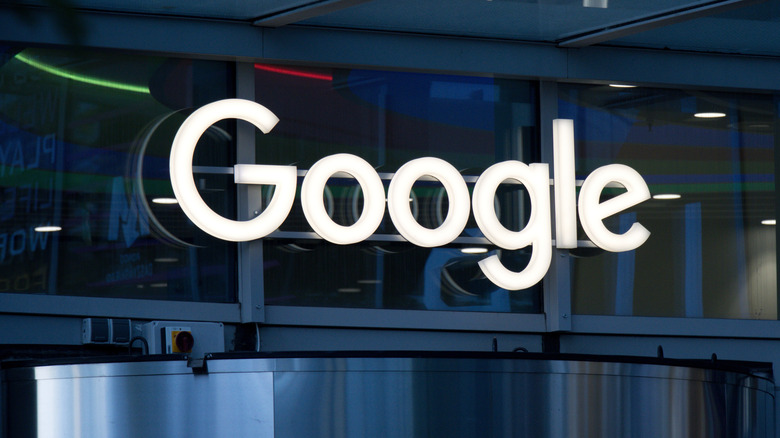Judge Rules Google Doesn't Have To Sell Chrome Despite Antitrust Violations
In a ruling issued on Tuesday, U.S. District Judge Amit Mehta outlined several remedies for Google's illegal monopoly in online search and digital advertising. While the ruling includes a number of measures Google must take, it's safe to say that the search giant managed to avoid some of the more extreme remedies some analysts were anticipating.
For one, Google will not be forced to sell Chrome. Recall that the Justice Department was pushing for Google to sell off its Chrome browser to a third-party. In one of the DOJ's filings, lawyers articulated that "Google must divest the Chrome browser—an important search access point—to provide an opportunity for a new rival to operate a significant gateway to search the internet, free of Google's monopoly control."
The DOJ's overarching goal was to break up Google, similar to how AT&T was broken up into several entities in the 1980s. The DOJ's push in this regard was widely viewed as overly aggressive and ambitious, and it's not surprising that Mehta wasn't persuaded by the DOJ. Mehta specifically said that forcing Google to sell off Chrome didn't make sense because it would be "incredibly messy and highly risky."
Second, Mehta ruled that Google's deal with Apple, wherein Chrome is the default search engine on mobile Safari, can continue. This is undoubtedly welcome news for Apple as its deal with Google nets the company $20 billion a year in pure revenue. One caveat to the deal, going forward, is that Google can't ink a multi-year deal to make Google the default search engine on the iPhone. So while Apple and Google's partnership can continue, the duration for any deal can only last for one year. After that, bidding to become the default search engine on the iPhone starts anew.
Third, Mehta writes that Google will have to share a subset of search engine data with rivals that will make it easier for them to index the web and surface relevant search results. The aim here is to level the playing field a bit and give search engines like Bing and DuckDuckGo more of a fighting chance to compete against Google, which controls about 90% of the search engine market.
The ruling is a huge win for Google and Apple
The DOJ's battle against Google was one of the biggest antitrust cases in recent memory. The impact, however, will be relatively small compared to some of the remedies the DOJ originally sought. Consequently, Google is likely pleased with how things turned out given what could have been. Again, the DOJ was looking to break up the search giant into disparate pieces. Not only were they aiming to have Google sell off its Chrome browser, they also floated the idea that Google might have to divest from Android as well. When the dust settled, Google was be able to keep these important assets and will largely be able to maintain their methods of doing business.
All the while, Google can keep its search deal with Apple up and running. In the wake of the ruling, shares of Apple immediately jumped by 3% in after-hours trading, a fact which highlights the importance of the search deal to Apple's bottom line. When trading opened on Wednesday morning, Google shares jumped by nearly 8% to $228 per share.
Google's critics are disappointed with the ruling
Underscoring the extent to which Google was arguably let off the hook, many of Google's fiercest critics and rivals expressed their disappointment with the ruling. DuckDuckGo CEO Gabriel Weinberg, for example, said that the remedies proposed by the court will not do anything to address Google's monopolistic behavior and that competitors will still have a tough time competing.
As a more pointed example, Nidhi Hedge, Executive Director of the American Economic Liberties Project, issued the following statement: "The Court found Google liable for maintaining one of the most consequential and damaging monopolies of the internet era, yet has bizarrely decided to leave its power almost fully intact. Imposing liability in name only is pure judicial cowardice. This ruling leaves the public unprotected, crucial and evolving markets concentrated, and worse, sends a signal that will embolden monopolists everywhere."
Going forward, Google will soon hold a meeting with the DOJ where the two sides will iron out the details of the proposed remedies. A final judgement will likely be issued the week of September 8. At the same time, we should also expect Google to file an appeal. Suffice it to say, the legal saga here isn't over, but Google somehow managed to emerge largely unscathed.


